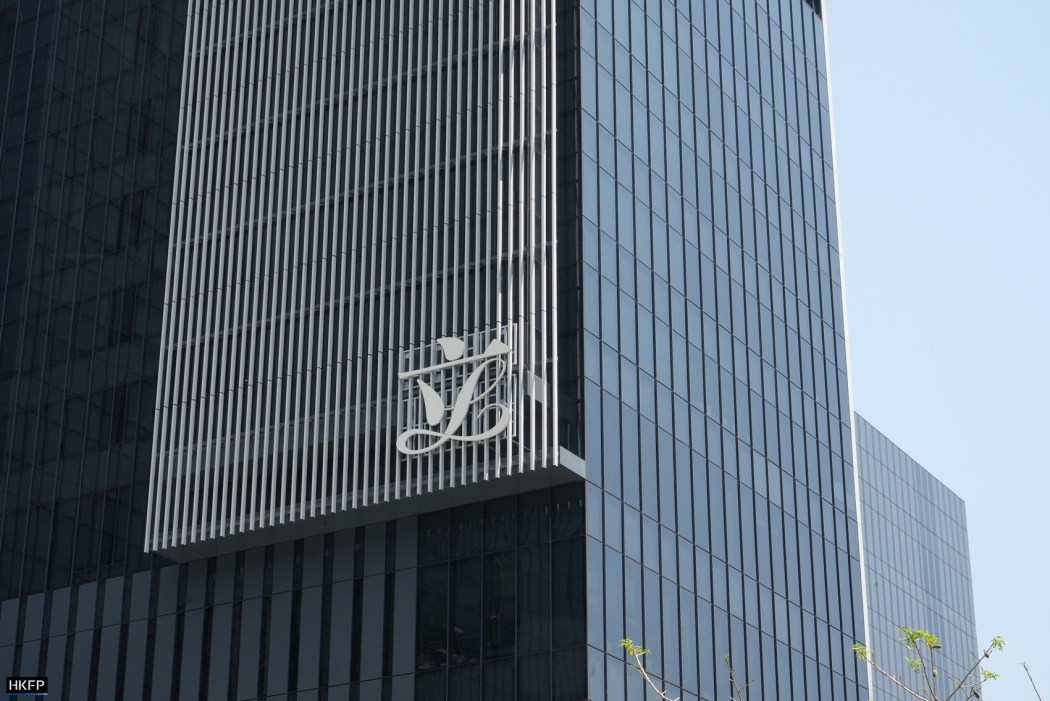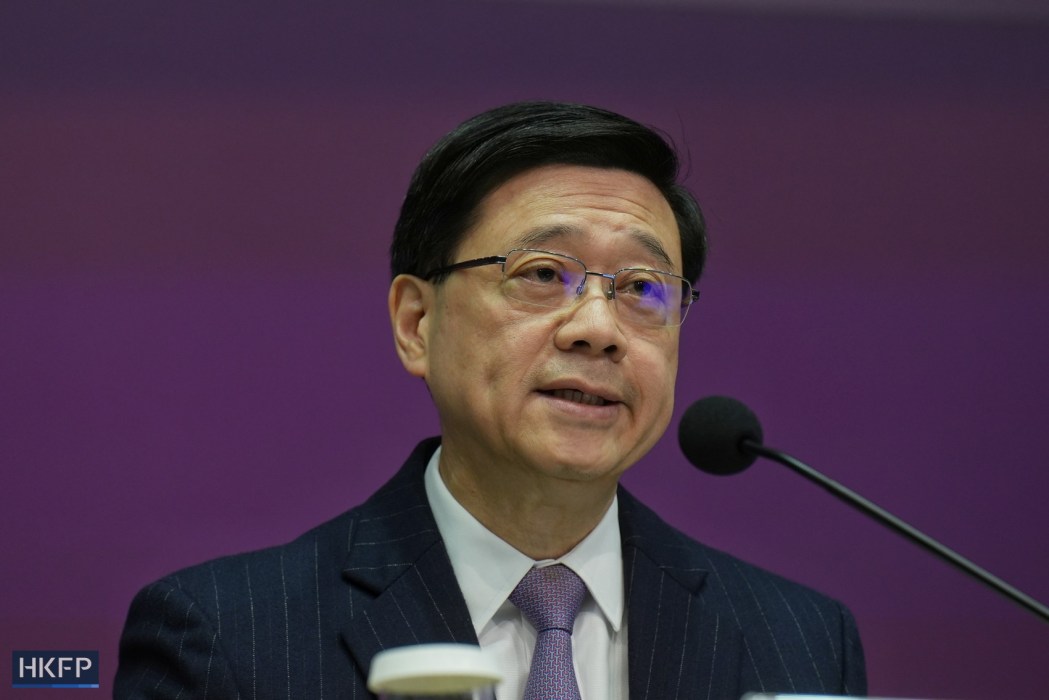Hong Kong will introduce its new, homegrown security law to the legislature on Friday, the government has announced, just nine days after the end of a public consultation which prompted more than 13,000 submissions.

The Legislative Council (LegCo) will convene a special meeting at 11 am on Friday for the bill’s first reading, according to its schedule.
Chief Executive John Lee said in a statement on Thursday that he had notified LegCo president Andrew Leung that “both the government and the Legislative Council have the responsibility to, and must, make every endeavour to complete the enactment of the legislation at the earliest possible time.”

He added that the council should consider convening special council meetings for the first and second readings of the bill, as well as a Bills Committee meeting order for the legislative process to be completed “at full speed.”
The announcement came after an urgent meeting of the Executive Council, the city’s top advisory body, on Thursday afternoon. In the statement, the government said the bill would fulfil Hong Kong’s “constitutional duty” of enacting security legislation under Article 23 of the Basic Law, the city’s mini-constitution.
See also: What is Article 23? Hong Kong’s homegrown security law is back in the spotlight
“The sooner the legislation is completed, the sooner national security can be effectively safeguarded, so that Hong Kong can focus on economic development, improve people’s livelihoods, and maintain Hong Kong’s long-term prosperity and stability,” Lee said in the statement.
The announcement also came after China’s Vice Premier Ding Xuexiang urged a swift enactment of Article 23 earlier on Thursday, as he held talks with the city’s deputies to the National People’s Congress, China’s legislature.
According to local media reports, authorities hope to have the bill passed by National Security Education Day on April 15.
Swift
The process of enacting the law began on January 30, when officials announced the opening of a public consultation period that closed a month later and elicited some 13,000 responses. Around 97 per cent of of the submissions received had expressed their support for the law, according to the government.
The proposed law seeks to criminalise five types of offences: treason, insurrection, theft of state secrets and espionage, sabotage, and external interference.
It also aims to introduce new measures to be imposed on suspects, including requiring them to reside at a specified residence, and barring a detained suspect from consulting specific lawyers, according to the 110-page consultation paper released when the public consultation began.
Article 23 of the Basic Law stipulates that the government shall enact laws on its own to prohibit acts of treason, secession, sedition and subversion against Beijing. Its legislation failed in 2003 following mass protests and it remained taboo until after the onset of the separate, Beijing-imposed security law in 2020. Pro-democracy advocates fear it could have a negative effect on civil liberties but the authorities say there is a constitutional duty to ratify it.
Additional reporting: James Lee and Hans Tse
Support HKFP | Policies & Ethics | Error/typo? | Contact Us | Newsletter | Transparency & Annual Report | Apps
Help safeguard press freedom & keep HKFP free for all readers by supporting our team

latest national security stories























